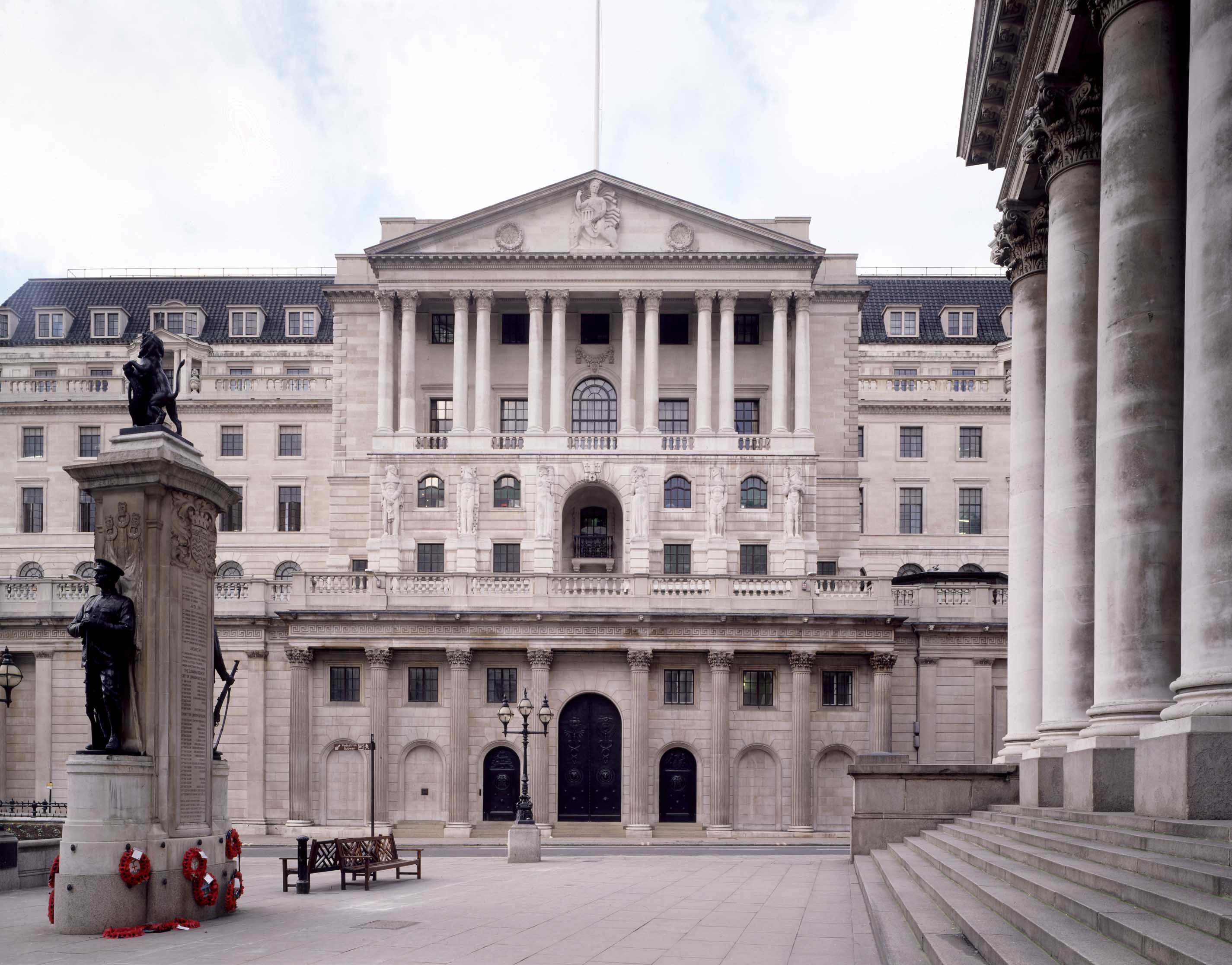Bank of England official says retirement age may need to rise to fight recessions
MPC member Gertjan Vlieghe said reducing the time people spent in retirement would help the central bank.
27th July 2021 12:57
by Alex Sebastian from interactive investor
MPC member Gertjan Vlieghe said reducing the time people spent in retirement would help the central bank tackle future recessions.

A top Bank of England England official has raised the possibility of increasing the retirement age to tackle future recessions faced by the UK.
In his last speech as a monetary policy committee (MPC) member Gertjan Vlieghe said that reducing the time people spent in retirement may be necessary to preserve the central bank’s ability to stimulate the economy.
- Invest with ii: What is a SIPP? | Are SIPPs worth it? | SIPP Cashback Offers
In a speech given at the London School of Economics titled “Running out of room: revisiting the 3D perspective on low interest rates”, Vlieghe explained that as they near retirement people spend less money and this reduces the impact of monetary policy moves such as rate cuts.
- Will ‘transitory’ inflation start to be worryingly persistent soon?
- Are you saving enough for retirement? Our pension calculator can help you find out
- A guide on how investors can protect against inflation
As a bigger proportion of people hit retirement relative to the total population, the central bank will find it harder to stimulate the economy enough to reverse a downturn, Vlieghe explained.
This is a dangerous scenario, as it could mean recessions become entrenched and turn into long-lasting depressions.
There are two underlying demographic trends that cause this; fewer children being born per person and people living longer.
Given this, even to stay level at the same proportion of people in retirement over time, the retirement age would need to rise.
“I argue that we are only about two-thirds of the way through a multi-decade demographic transition that is affecting interest rates,” Vlieghe said.
“Absent policy changes, there is no prospective reversal in this particular driver of interest rates: downward pressure from demographics either continues further or remains where it is.”
- Take control of your retirement planning with our award-winning, low-cost Self-Invested Personal Pension (SIPP)
- How our five model portfolios are faring as the value rally starts to cool
“The key mechanism is not that older people have lower savings rates, but rather that, as people age, they hold higher levels of assets, in particular safe assets, and those assets are only run down slowly and partially late in life. The higher saving of the middle-aged outweighs the modest dissaving of the retirees.”
“The policy implications are even more stark than when I first discussed them nearly six years ago,” Vlieghe continued.
“We have limited headroom for easing monetary policy, so we will not be able to provide monetary stimulus on the same scale as in previous recessions. QE headroom, which should be measured in basis points of yields rather than in billions of bonds available for purchase, is limited as well.”
These articles are provided for information purposes only. Occasionally, an opinion about whether to buy or sell a specific investment may be provided by third parties. The content is not intended to be a personal recommendation to buy or sell any financial instrument or product, or to adopt any investment strategy as it is not provided based on an assessment of your investing knowledge and experience, your financial situation or your investment objectives. The value of your investments, and the income derived from them, may go down as well as up. You may not get back all the money that you invest. The investments referred to in this article may not be suitable for all investors, and if in doubt, an investor should seek advice from a qualified investment adviser.
Full performance can be found on the company or index summary page on the interactive investor website. Simply click on the company's or index name highlighted in the article.